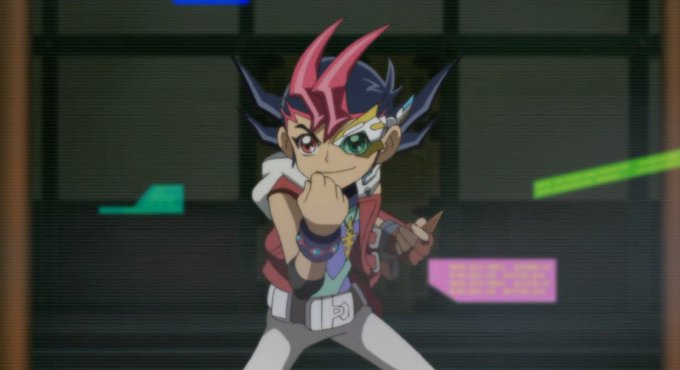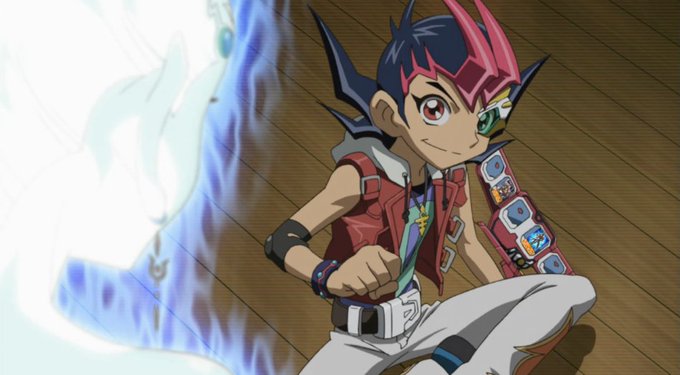My problem is that tanuki aren't like animals or things we would deem acceptable to eat considering not only can they transform into being indistinguishable from humans and can converse with them. It's just really weird that in this world's dynamic tanuki stew is a thing some people eat considering that tanuki they're eating could be one they just talked to last week.
Also the thing about the tanuki being eaten being well renowned is more aimed at the tanukis and my problem is why would they be okay with it. I guess because they don't at least at the point I'm at act like inferiors to humans so it just seems real weird that they're just okay with it.
Interesting conversation. I actually just rewatched the series, and I find this aspect of it both fascinating and perplexing.
Ultimately you have to buy into the show's moral take and "suspend your disbelief," as sonicmj suggests. I think the tanuki are explicitly working off a different moral compass -- they do view themselves as a lower species who are innately at the mercy of humans and tengu. What makes Uchoten tough is that these are creatures with a clearly human level of sentience, and who carry many of the same morals and priorities as humans do -- a love of family first and foremost. But these morals aren't always consistent in the show. Instinctually (humanly?), love of family should translate into animosity towards those who threaten your family. But it
doesn't translate into animosity towards the Friday Fellows, who are clearly the greatest threat to Yasaburo's family, while it
does translate into animosity towards another villain character in the first season, who poses the exact same threat to Yasaburo's family. Why one but not the other?
I think sonicmj's read on the food chain nature of the tanuki hot pot is the read the show wants you to have, but for an entire sentient race to accept the food chain transforms a natural cycle into a willing defeatism, which is nihilistic in a way the show tonally isn't. I feel like the decision to eat a being you
know is sentient also complicates matters more than a simple sustenance-based food chain relationship. The life-or-death stakes are at odds with the flippancy of the characters, and the show just doesn't consistently impart the significance of death in its world. In the case of the father, it feels like the tanuki just roll over and accept it as the way things are, but when
other tanuki characters are later threatened, suddenly the threat to their lives not only matters but should be prevented.
Regardless, it's a beautiful show, and the writing is good enough where I have hope the author saw at least some of this going on. There's one odd thing that happens with the introduction of this "to eat is to love" concept that gets completely and purposefully ditched by the end. Stuff like that makes me hope there's more going on behind the show's stated philosophy.
















